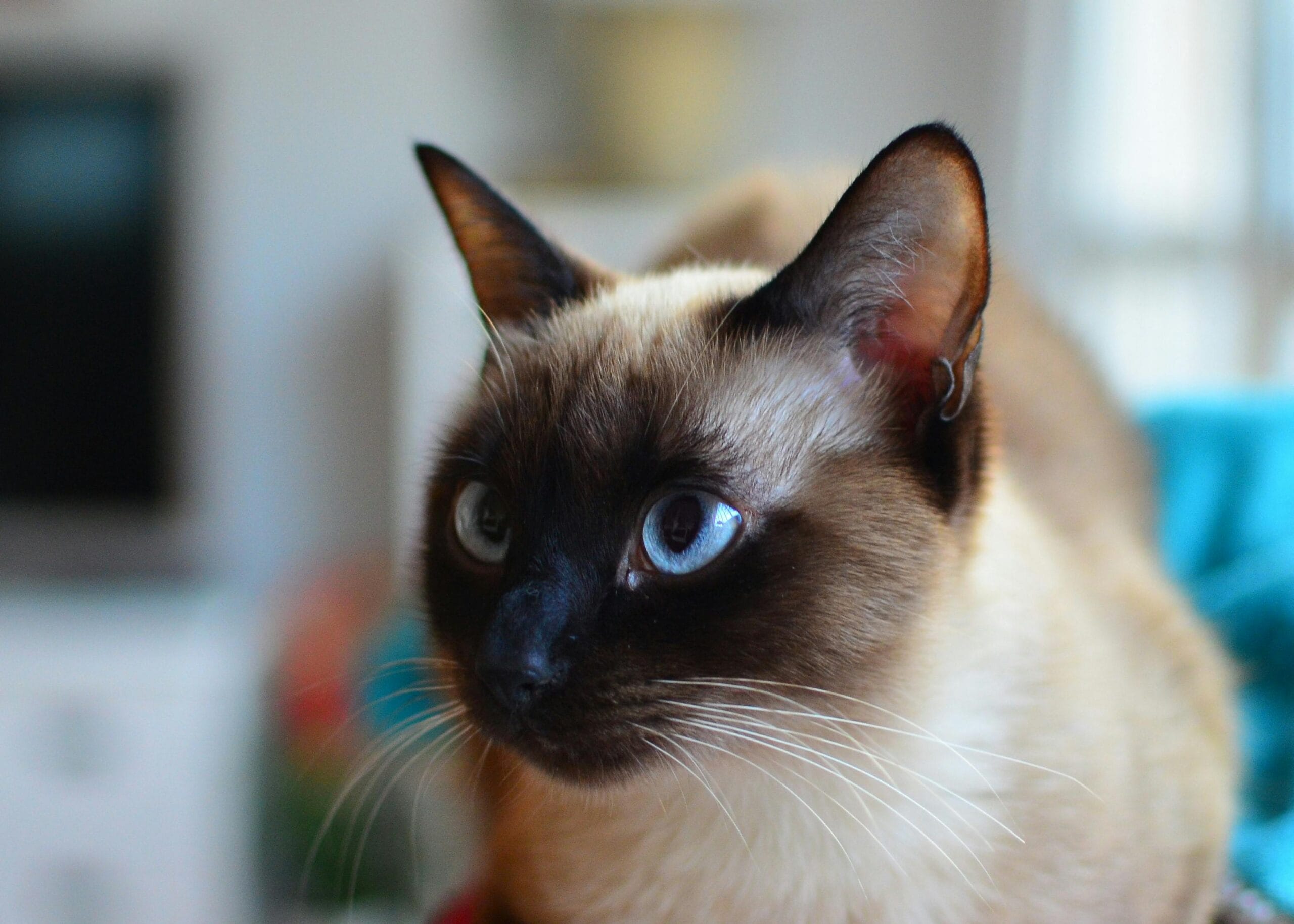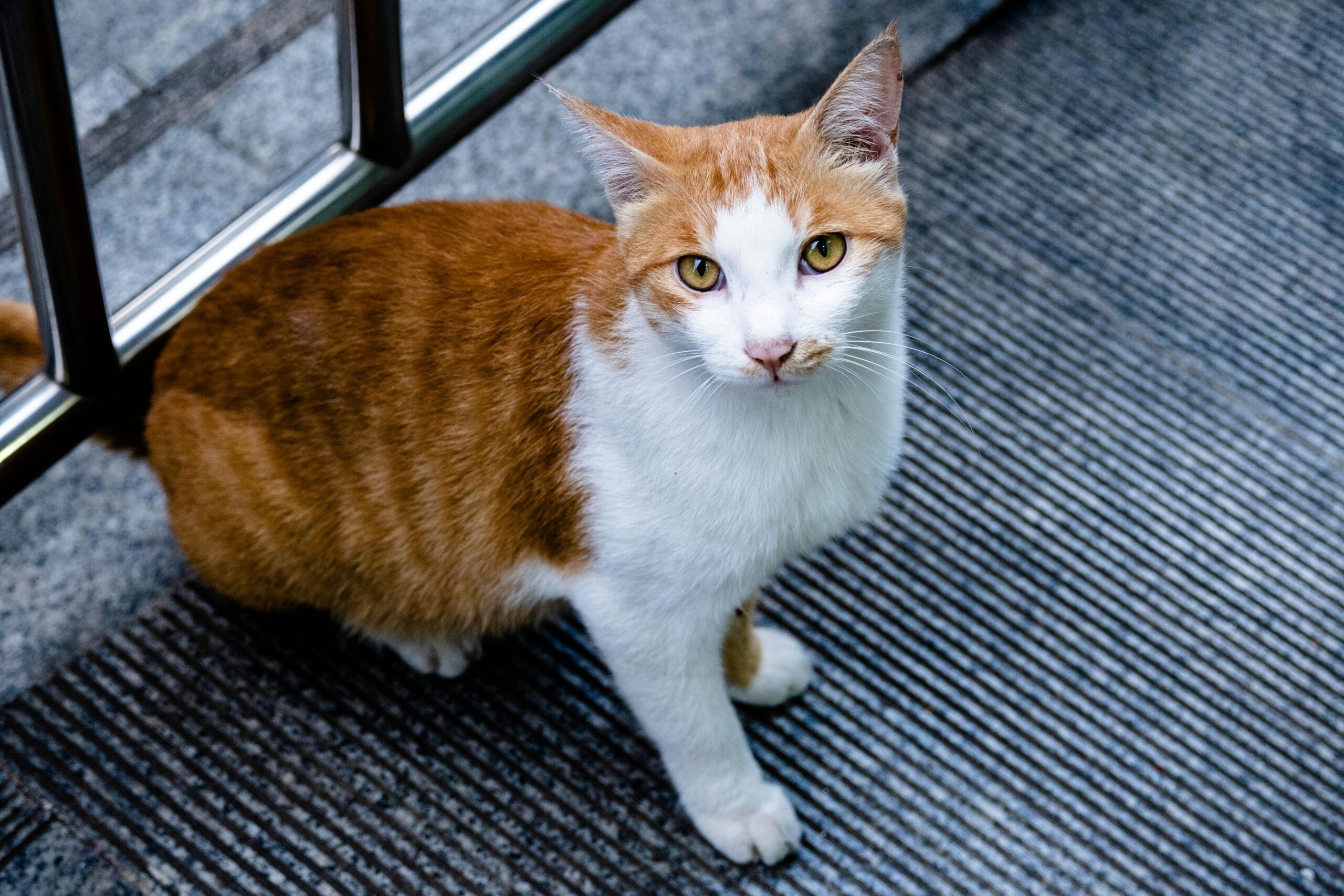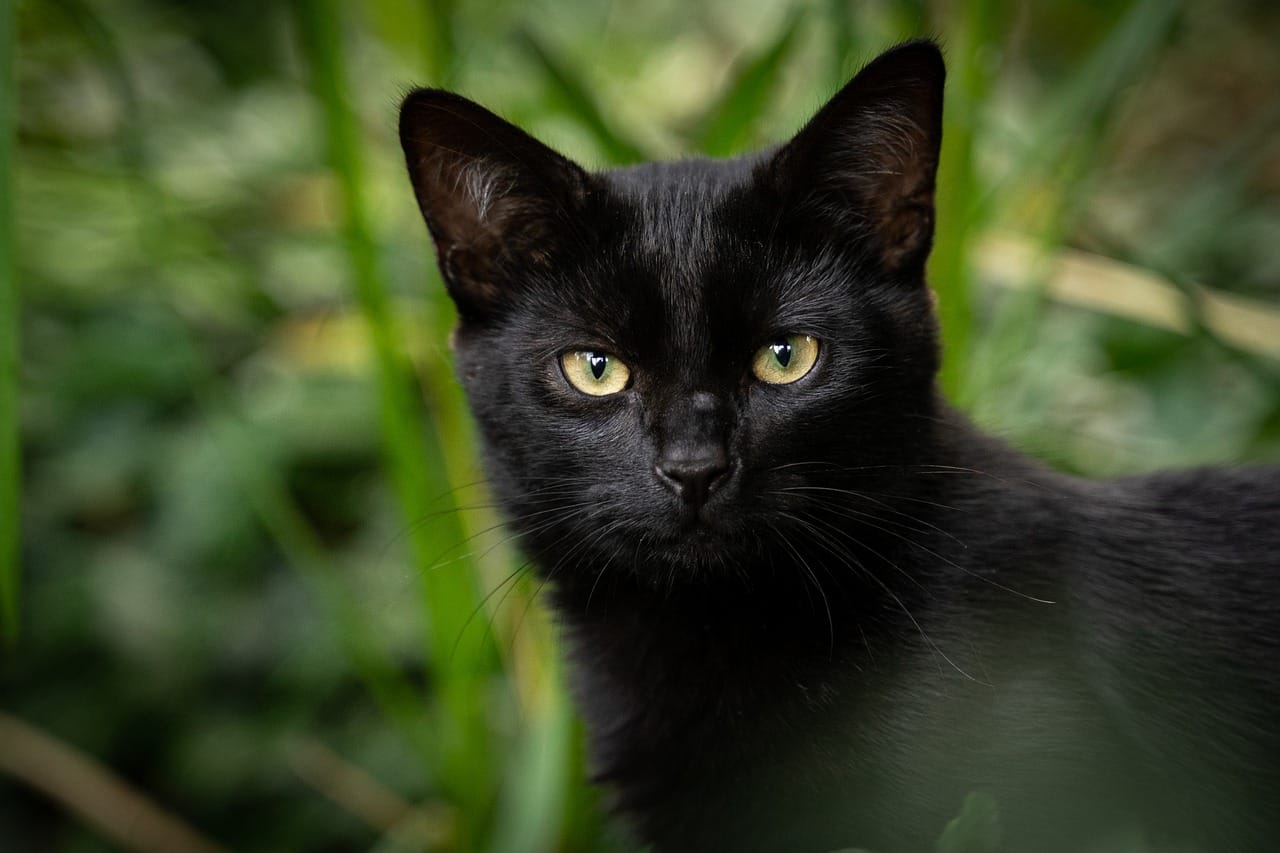Can a kitten eat adult cat food? Discover key differences between kitten food vs adult cat food. Is adult cat food bad for kittens? Find out now & ensure your kitten thrives! Learn essential kitten nutrition.
Can A Kitten Eat Adult Cat Food? A Comprehensive Guide
The question, “Can a kitten eat adult cat food?,” is a common one among new cat owners. While it might seem like a simple matter of feeding your furry friend, the answer is far more nuanced than a simple yes or no. Understanding the nutritional differences between kitten food vs adult cat food is crucial for your kitten’s healthy growth and development. This comprehensive guide will delve into the specifics, helping you make informed decisions about your kitten’s diet.
Understanding Nutritional Needs: Kitten Food vs Adult Cat Food
Kittens and adult cats have vastly different nutritional requirements. Kittens, undergoing rapid growth and development, need a diet much richer in calories, protein, and essential nutrients than their adult counterparts. Adult cat food, while providing complete nutrition for mature felines, often falls short in meeting these heightened needs. Feeding a kitten adult cat food can lead to several problems, potentially impacting their overall health and well-being. This difference in nutritional content is the key to answering the question, “Is adult cat food bad for kittens?“
Protein Content: A Crucial Difference
Protein is the cornerstone of a kitten’s diet, fueling their muscle growth and development. Kitten food typically boasts a higher protein content (around 30-40%) compared to adult cat food (around 26-30%). This higher protein intake is vital for their rapid growth and development. A diet lacking sufficient protein can lead to stunted growth, weakened immune systems, and other health complications.
Fat Content: Fueling Rapid Growth
Fat is another critical component, providing energy for their active lifestyles and supporting brain development. Kitten food usually has a higher fat content than adult food. This higher fat percentage helps meet the kitten’s increased energy demands during this crucial growth stage. While fat is essential, moderation is key; excessive fat can lead to obesity.
Essential Nutrients: Supporting Development
Beyond protein and fat, kittens require higher levels of specific vitamins and minerals, including taurine, calcium, and phosphorus, all vital for bone growth and overall health. Kitten food is specifically formulated to provide these nutrients in optimal quantities. Adult cat food may not contain enough of these crucial elements to fully support a kitten’s developmental needs. Choosing the right food is paramount in ensuring they thrive. For example, if you are considering premium brands, you might want to look at reviews on brands like Weruva or Smalls specifically formulated for kittens.
The Dangers of Feeding Kittens Adult Cat Food
Feeding a kitten adult cat food can have several negative consequences, ranging from minor inconveniences to serious health problems. Is adult cat food bad for kittens? Yes, in many cases, it can be. Here are some of the potential risks:
Stunted Growth
As mentioned earlier, the lower protein and calorie content in adult cat food may lead to stunted growth. Kittens need sufficient nutrients to reach their full potential size and strength, and a deficient diet can permanently hinder their development.
Weakened Immune System
Insufficient intake of essential vitamins and minerals can compromise the kitten’s immune system, making them more susceptible to illness and infections. A strong immune system is crucial during the kitten’s formative months, as they are still building their natural defenses.
Bone and Joint Problems
Inadequate calcium and phosphorus intake can lead to weak bones and joint problems later in life. These issues can significantly impact their mobility and overall quality of life.
Other Health Complications
A nutrient-deficient diet can contribute to various other health problems, including digestive issues, skin problems, and a dull coat. These can manifest in several ways, making it crucial to ensure your kitten gets the proper nutrition from the start.
When Can Kittens Transition to Adult Cat Food?
The transition to adult cat food should only occur once the kitten has reached maturity, typically around one year of age. By this time, their growth rate slows considerably, and their nutritional needs change. Even then, the transition should be gradual to avoid digestive upset. A gradual transition means mixing increasing amounts of adult food with their kitten food over a few weeks. Check out our other articles for more information on kitten growth and development: When do kittens become cats?
Choosing the Right Kitten Food
Selecting the appropriate kitten food is crucial for their healthy development. Look for foods specifically labeled as “kitten food” or “for growth.” Read the ingredient list carefully, ensuring high-quality protein sources are listed prominently. Avoid foods with excessive fillers, artificial colors, and preservatives. Some brands to research include the ones mentioned above: Weruva and Smalls. You can also look into other options like Fancy Feast and Sheba, though always check the nutritional information to ensure it meets your kitten’s needs.
Consulting Your Veterinarian
Before making any significant changes to your kitten’s diet, it’s always advisable to consult with your veterinarian. They can provide personalized recommendations based on your kitten’s specific breed, age, size, and health status. They can assess your kitten’s overall health and help you choose a suitable diet plan.
External Resources: Further Reading on Cat Nutrition
For more in-depth information on feline nutrition, you might find these external resources helpful:
1. American Veterinary Medical Association (AVMA) on Cat Nutrition The AVMA provides reliable and up-to-date information on pet health, including comprehensive guides on cat nutrition.
2. FDA’s Guidance on Pet Food Labeling This resource will help you understand the information presented on pet food labels.
Conclusion: Prioritize Your Kitten’s Health
In summary, the answer to “Can a kitten eat adult cat food?” is generally no. While adult cat food might seem like a convenient option, it lacks the crucial nutrients needed for a kitten’s healthy development. Feeding your kitten adult cat food can have significant negative consequences, impacting their growth, immune system, and overall health. Always choose kitten food specifically formulated to meet their unique nutritional requirements and consult your veterinarian for personalized advice. Remember, your kitten’s health and well-being are paramount.
Share Your Experiences!
Have you had any experiences feeding your kitten different types of food? Share your thoughts and advice in the comments below. Let’s build a community to support one another in providing the best possible care for our feline companions! What are your preferred brands of kitten food? How did you manage the transition to adult food? We’d love to hear from you!

Frequently Asked Questions: Can a Kitten Eat Adult Cat Food?
- Can a kitten eat adult cat food?
- No, adult cat food is not ideal for kittens. Kitten food contains higher levels of calories, protein, and essential nutrients crucial for their rapid growth and development. Feeding kittens adult food can lead to nutritional deficiencies.
- Is adult cat food bad for kittens?
- Yes, while a small amount might not cause immediate harm, consistently feeding adult cat food to kittens can be detrimental. It lacks the vital nutrients for proper growth, potentially leading to stunted growth, weakened immune systems, and health problems. Kitten food vs adult cat food: the difference is significant for a kitten’s well-being.
- What’s the difference between kitten food and adult cat food?
- Kitten food has significantly higher levels of protein, fat, and calories to support rapid growth. It also contains increased amounts of essential vitamins and minerals like taurine. Adult cat food is formulated for the lower energy needs of mature cats.
- My kitten accidentally ate some adult cat food. Should I be worried?
- A small amount of accidental ingestion is unlikely to cause serious harm. However, ensure it’s a one-time occurrence and continue feeding your kitten appropriate kitten food. Monitor for any signs of digestive upset.
- Can I switch my kitten to adult cat food once it’s a year old?
- Generally, kittens can transition to adult cat food around 1 year old, or when they’ve reached their adult weight. Consult your vet for guidance as each kitten matures at a different rate.
- How much adult cat food is too much for a kitten?
- Even small amounts of adult cat food regularly can be insufficient for a kitten’s needs. There is no safe amount of adult cat food to consistently feed a growing kitten. Stick to kitten food for optimal health.
- My kitten prefers adult cat food. What should I do?
- Try gradually mixing small amounts of kitten food with the adult food to encourage a transition. If the kitten still refuses, consult your vet; they might suggest ways to make kitten food more appealing.
- What are the long-term effects of feeding a kitten adult cat food?
- Long-term feeding of adult cat food to kittens can result in stunted growth, weakened bones, poor coat condition, increased susceptibility to illness, and other health problems. It is crucial to feed appropriate kitten food for their developing bodies.
- Can a kitten eat adult cat food with added supplements?
- No. While adding supplements might partially address nutritional gaps, it cannot fully replicate the balanced nutritional profile of kitten food. It’s always best to feed commercially available kitten food formulated for their specific needs.
- My vet recommended a special diet for my kitten. Can I supplement it with adult cat food?
- Never supplement a veterinary-prescribed diet with adult cat food without consulting your vet. Altering the diet can affect the treatment plan and potentially harm your kitten.

Can Kittens Eat Adult Cat Food? A Guide for Concerned Owners
The short answer is: Generally, no. While it might seem like a simple solution to feed your kitten adult cat food, it can actually be detrimental to their health and development. Kittens have different nutritional needs than adult cats, requiring a higher concentration of calories, protein, and essential nutrients to support their rapid growth. Feeding them adult food can lead to malnutrition and hinder their overall development.
Kittens are in a period of intense growth, comparable to a human toddler. Think about it: their bones, muscles, and organs are all rapidly developing. Adult cat food often lacks the crucial nutrients necessary to fuel this intense growth spurt. While a little bit of adult food here or there probably won’t cause immediate harm, consistently feeding a kitten adult food can result in various health problems.
One crucial difference lies in the protein content. Kittens need significantly more protein than adult cats to build and maintain their growing bodies. Adult cat food, formulated for the needs of mature cats, often has a lower protein concentration, potentially leading to stunted growth and weakness in your kitten. This is particularly important during the first year of their lives. Always opt for kitten food specifically formulated for their age group.
The fat content is also a key consideration. Kittens need more fat to provide the necessary energy for their constant play and growth. Adult cat food, while providing adequate fat for adult cats, may not supply sufficient energy for a hyperactive kitten. This could lead to fatigue and a lack of vitality.
Choosing the right kitten food is essential for their well-being. Many brands offer high-quality kitten food that meets their specific needs. If you’re unsure about a particular brand, research is key. For instance, you might wonder, “Is Sheba cat food good for cats?” or “Is Weruva good cat food?”. To get more information about specific brands you can check out our reviews: Is Smalls cat food good? Learn More It’s always advisable to check reputable sources for unbiased reviews. Also, remember to consult your veterinarian for advice on which food is suitable for your kitten.
It’s important to understand the transition from kittenhood to adulthood. When do kittens become cats? Find out here. Once your kitten reaches adulthood, you can gradually switch them to adult cat food. This transition should be gradual to avoid digestive upset.
Another factor to consider is the potential for specific dietary needs. Some kittens might have sensitivities or allergies, requiring special dietary considerations. Always consult your veterinarian before making any significant changes to your kitten’s diet, especially if you are considering alternatives to kitten-specific foods. For example, some pet owners might wonder if more premium options are suitable, like “Is Fancy Feast good for kittens?” Discover the answer here.
In conclusion, while it may seem tempting to simplify things by feeding your kitten adult cat food, it’s crucial to remember that their nutritional needs differ greatly. Prioritize high-quality kitten food formulated to support their rapid growth and development. Regular vet check-ups and open communication with your veterinarian can ensure your kitten receives the best possible care and nutrition.

Can A Kitten Eat Adult Cat Food, kitten food vs adult cat food, is adult cat food bad for kittens